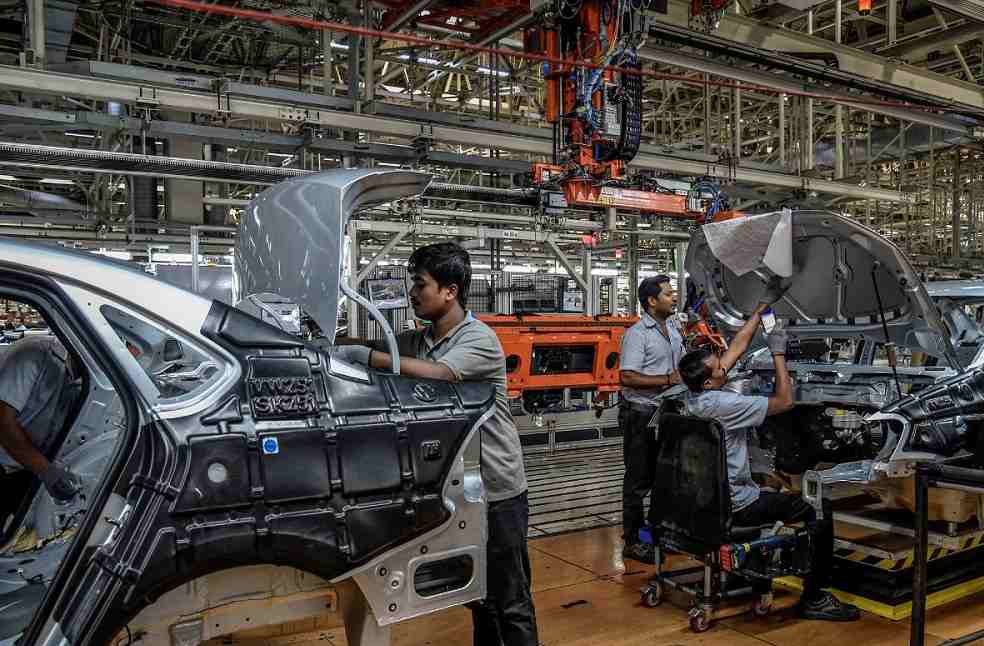Mercedes-Benz Group chairman Ola Källenius has urged the Indian government to reconsider the country’s high import tariffs on vehicles, arguing that the domestic auto industry has matured to a level where such protective measures are no longer required.
Källenius said the current duty structure restricts growth, particularly in the luxury segment, and prevents India from realizing its full economic and automotive potential. He pointed out that India has become the world’s third-largest passenger vehicle market with 4.3 million annual sales, backed by strong supply networks, competitive production systems, and robust export programs.
According to him, Indian carmakers already dominate the entry-level to mid-market range and are supported by a supplier base that meets both local and global demand. This strength, he argued, demonstrates that the industry is fully capable of competing without steep tariff barriers.

The Mercedes-Benz chief highlighted that current tariffs hold back the premium car segment. Despite India’s population of 1.4 billion and its growing base of affluent consumers, the company sells only about 20,000 cars annually, roughly the same as in Sweden, which has fewer than 10 million people. Luxury cars represent just over 1% of India’s vehicle sales, far below international norms. High duties, he said, inflate prices and exclude many potential buyers, leaving much of the premium market untapped.
He suggested that lower tariffs would expand affordability, boost demand, and benefit not only automakers but also allied sectors such as finance, services, and after-sales support. The ongoing free trade negotiations between India and the European Union provide additional context, with reciprocal tariff reductions potentially opening European markets to Indian manufacturers while granting global firms greater access to India.
Källenius stressed that tariff reform could also attract foreign investment and technology transfer, strengthening India’s position as an automotive hub, creating jobs, and improving production standards. He noted that consumer preferences are shifting toward advanced features, safety, and global brands, reflecting a maturing market that is ready for wider choice.

India’s existing role in global supply chains further supports the case for change, with several multinational companies already producing cars and components locally. Traditionally, tariffs have been justified as protection for domestic manufacturers and a source of government revenue. Källenius argued that larger sales volumes and broader industry development could offset revenue losses from reduced duties.
Reaffirming Mercedes-Benz’s long-term commitment to India, Källenius said continued investment will depend on policies that encourage growth rather than restrict access. His remarks align with the broader sentiment among global automakers, who view India as a high-potential market constrained by protectionist measures.
Analysts suggest the issue is less about shielding local manufacturers and more about positioning India competitively in the global automotive landscape. With the industry integrated into worldwide supply chains, they note, protectionist policies risk holding back expansion instead of enabling it.
GENERAL | Ford Plans to Lay Off 1,000 Workers at its Cologne EV Plant





